- Your cart is empty
- Continue Shopping
Respicure Syrup: Uses, Benefits, Side Effects, and Dosage
Respicure Syrup is a combination medicine used to treat cough. It helps thin mucus in the nose and windpipe, making it easier to cough out, while also relieving throat irritation and providing a cooling sensation.
The syrup can be taken with or without food, in the dose and duration prescribed by your doctor. Continue the medicine for the full course as stopping early may worsen your condition or allow symptoms to return. Inform your doctor about all other medications you are taking, as some may interact with Respicure Syrup.
It is important to stay hydrated while taking this medicine. Avoid alcohol, as it may worsen drowsiness. This medicine can also cause sleepiness, so do not drive or operate machinery until you know how it affects you.
Before use, tell your doctor if you are pregnant, planning pregnancy, or breastfeeding.
Uses
-
Cough
Benefits
-
Loosens thick mucus, making it easier to cough out
-
Helps air move freely in and out of the airways, reducing cough frequency
-
Soothes the throat and relieves irritation
-
Can be complemented with warm fluids and saltwater gargles for additional relief
How Respicure Syrup Works
Respicure Syrup is a combination of four active ingredients: Ambroxol, Guaifenesin, Menthol, and Terbutaline. These ingredients work together to thin mucus, clear the airways, reduce irritation, and improve breathing.
How to Use
-
Take exactly as prescribed by your doctor
-
Shake well before use
-
Measure using a proper measuring cup
-
Can be taken with or without food, preferably at a fixed time
Missed Dose: Take it as soon as possible. If it’s near the next dose, skip the missed dose. Do not double the dose
Common Side Effects
Most side effects are mild and temporary. Contact your doctor if they persist:
-
Nausea
-
Vomiting
-
Diarrhea
-
Dizziness
-
Headache
-
Rash
-
Tremors
-
Increased heart rate
-
Upper abdominal pain
-
Urticaria
-
Itching
-
Sweating
-
Changes in liver enzymes
-
Bloating
-
Indigestion
Safety and Precautions
Alcohol: Consult your doctor – Safety not established
Pregnancy: Consult your doctor – May be unsafe; limited studies suggest potential risk
Breastfeeding: Consult your doctor – Safety data unavailable
Driving: Consult your doctor – Avoid driving if concentration or reaction is affected
Kidney Disease: Safe if prescribed – Dose adjustment usually not needed; consult your doctor
Liver Disease: Safe if prescribed – Dose adjustment usually not needed; consult your doctor




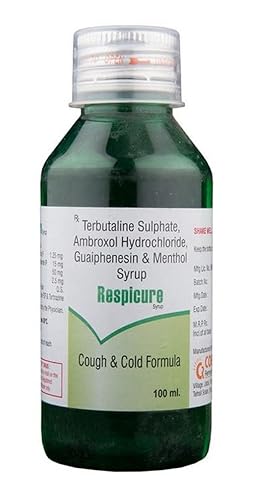
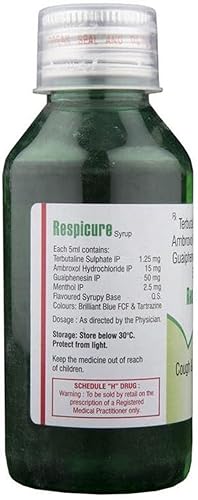
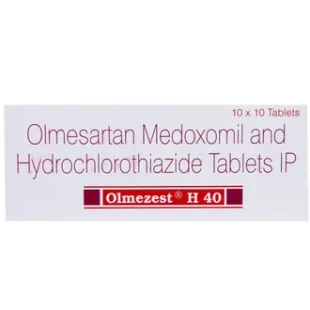
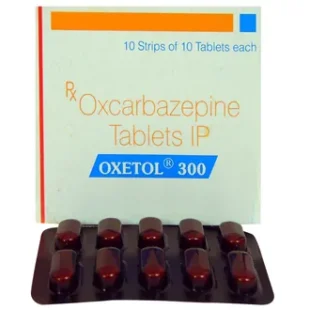
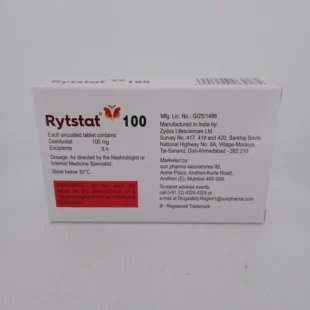

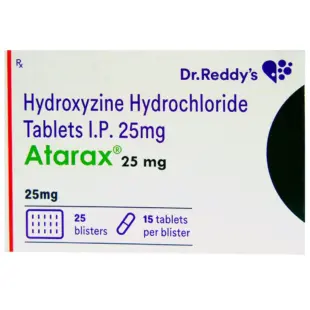
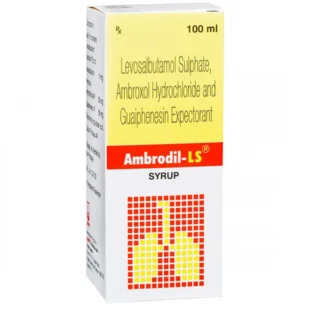
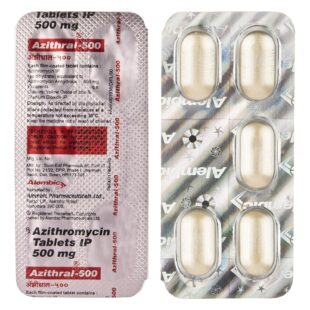

Reviews
There are no reviews yet.